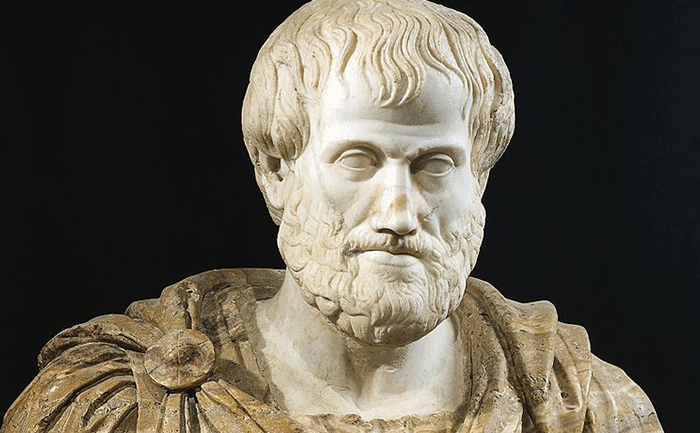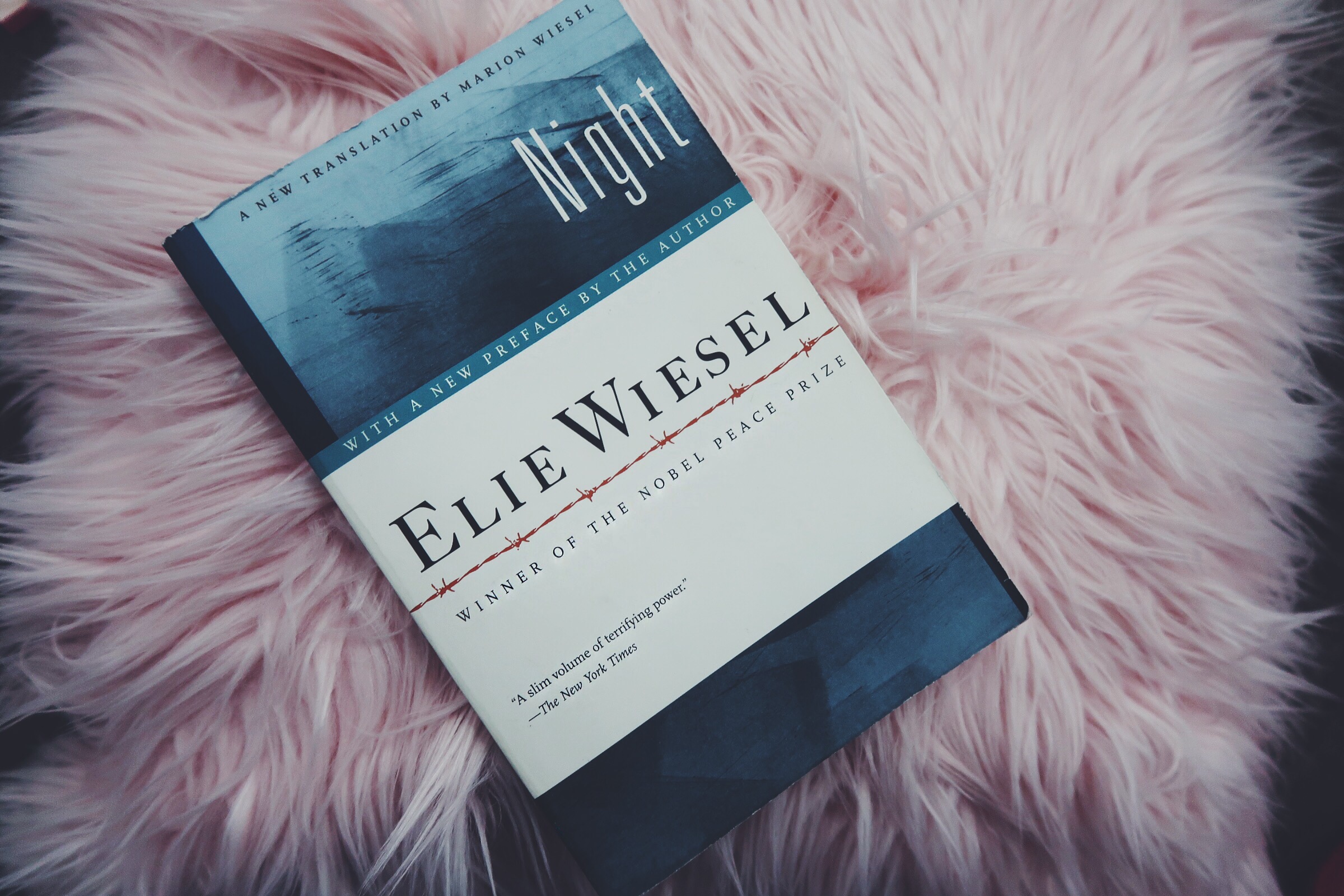Which is more important, philosophy or literature? Not to be one-sided, but based on the various research I have carried out, I can say that literature is more important than philosophy. Permit me to be quite direct in my analysis herein, nailing the topic once and for all.
What is philosophy?
As gathered from Oxford Languages on Google, philosophy is a theory that acts as a guiding principle for behavior.
Literally, philosophy means “love of wisdom” since it was derived from two Greek words, philos and sophos, meaning loving and wise, respectively. However, Philos in the new age could be used as an abbreviation for philosophy.
Philosophy poses general and fundamental questions about knowledge, mind, values, reasons, existence, and language so that such questions could be taken for problems that needed to be resolved.
What is literature?
Literature is said to be books and writings published on a specific subject. This is where the entirety of writing lies. Literature as a subject is the study (including evaluation) of written works.
Literature has long been in existence before it was given an English tag coined from the Latin word Literatura, meaning “a writing, learning, grammar.” If any, then writing is the most synonymous word to literature.
Similarities between literature and philosophy

Both literature and philosophy have several things in common, some of which include:
- Philosophers ask questions and literarians deploy rhetorical questions. It must be realized that both fields ask questions even those that cannot be answered.
- Both are kinds of literature. Literature is often used to mean books in the modern age so regardless of whether it is a philosophical or any other kind of book, we know it to be literature.
- They are products of significant human thoughts.
- Literature and philosophy are enlightening.
- Both fields address challenges faced by humans. They speak about human society.
- Both require some levels of creativity and originality to be appreciated. They also add cognitive value to listeners/readers.
Differences between Philosophy and Literature
For some reason, Philosophy is not Literature and literature is not the former. Some of those reasons include the fact:
- Philosophy majors in finding questions (problems) and answers (solutions) to the challenges of mankind. While literature may also do the same, it can sometimes be for entertainment purposes.
- A scholar once said literature is needed to live a life while philosophy is needed to lead a life.
- Literature comes before philosophy in the life of everyone, philosophers included.
- A.G.E proposes that Literarians are great readers who ultimately make great writers, while philosophers are great thinkers who ultimately make great ideologies – both causing great changes in the world.
- Philosophy is the study of knowledge, while literature studies are written works.
Philosophy Or Literature Which Is More Important?

Literature is inescapably more important than philosophy. Based upon various studies, I can say for real that philosophy could be said to be a branch of literature just like Richard Rorty had proposed in his time. Apparently, Rorty prefers literary culture to religious and philosophical culture. He had wished that philosophy is a branch of literature, and not literature being part of philosophy, despite being a philosopher.
Literature is a source of knowledge in philosophy. There are majorly three sources of knowledge in philosophy, they include: authorities, principles, and experiences – part of which literature can form. Literature was equally said to mirror life, by a philosopher.
A source has shown that literature is said to be the mirror of life by a philosopher because it reflects the knowledge, concerns, and experience of the author of a literary work. This is why after reading some literature books we get to know more about the world we live in. History is not also far from literature.
Literature is the umbrella that covers every form of writing since it is said to be any printed or non-printed material used in communicating. Therefore both literarians and philosophers could be great thinkers because literature affects our way of thinking.
Meanwhile many claim that philosophy tells the truth while Literature uses metaphor, it must be remembered that Literature has both fiction and nonfiction literary works.
Finally, on this, I’ll say literature comes before philosophy in the life of every philosopher! How is this so? When a child is given birth, he is first exposed to knowledge from authorities, after which experiences and principles set in. Whatever a child (philosopher in this case) grows up to believe is a result of his or her upbringing.
The upbringing (part of which contains literature) affects a philosopher since philosophy is about questioning, reasoning, and finding solutions to problems. He who grows to become a philosopher (having personal convictions of certain things) must have been triggered by a stimulus which is most likely the environment in which he grew up.
We should also have in mind that every environment (regardless of whether they are educated or not) has some philosophies in common, part of which forms their customs, constitutions, and probably superstitions. Oftentimes the philosophies of uneducated people are concerned with value as a branch of philosophy.
Are poets philosophers?
Yes, most poets are philosophers, and this is how. Poetry, which is a branch of literature poets do, can be written by philosophers just like philosophies can be written by poets.
A literarian who writes poems deploying mechanisms to explore the field of philosophy is already a philosophical poet because he or she does philosophy in literature.
Some of the all-time greatest philosophical poets in the world are:
Lucretius, to mention but a few. These people are also known to be philosophers who saw it fit in their times to express their philosophies rhythmically.
With this, any random poet who majors in philosophy is worth being a philosopher – though philosophical poet, more specifically.
Frequently Asked Questions

Some questions related to this topic get people confused and I would like us to quickly examine them below.
A person who operates under literature is called what?
Whether a person studies or operates under literature, he/she should be referred to as a literarian.
Meanwhile, a person who operates under philosophy as a field is called a philosopher.
Is philosophy literature?
Yes. Philosophy becomes literature because it must be expressed through spoken (Oral) or written (printed) words.
Philosophy on its own and in its original form may have nothing to do with literature but for the fact that it cannot be expressed nor formed without literature, it is a form of literature.
What is the philosophy of literature?
Literature with all the various available literary elements or techniques converses with oneself or the world. Oneself, in an instance of keeping journals and the world through written or unwritten publications of ideas, information, thoughts, feelings, etc.
We therefore won’t go wrong to say literature philosophizes effective communication.
CONCLUSION
Following Plato, a literature pioneer’s definition of the field, literature is very much important to human existence because it teaches, informs, entertains, and instructs readers or listeners.
A relevant source has defined literature as any written or spoken material. This makes philosophy which could come in any of these two forms a branch of literature, whether institutionalized or not.
Share


